On March 14, 1970, two United States merchant seamen, Clyde McKay and Alvin Glatkowski, mutinied against the captain and crew aboard the SS Columbia Eagle, as it crossed the Pacific during the Vietnam War.
The vessel and crew were under contract to deliver 1,750 tons of various types of ammunition, including napalm bombs, to be used by the U.S. military in Laos, Cambodia and Vietnam. During the mutiny, McKay and Glatkowski sought and received political asylum from the then-neutral government of Cambodia and the cargo was impounded. Shortly afterward, Prince Sihanouk of Cambodia was overthrown in a “bloodless” coup and the two mutineers were placed under arrest. McKay escaped captivity and Glatkowski surrendered to U.S. authorities.
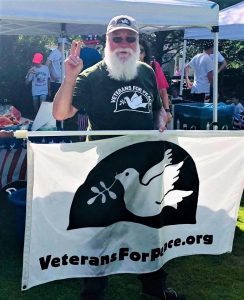
Al Glatkowski
Following his escape, McKay was killed by the Khmer Rouge in Cambodia. Glatkowski was tried and found guilty in U.S. Federal Court on charges which included “Mutiny on the High Seas.” He was sentenced to ten years in prison.
Although the cargo of napalm was diverted and delayed, it was returned to the U.S. military to be used during the Vietnam War.
This description was provided to the Zinn Education Project by Al Glatkowski.
Learn More
The Working Class History podcast produced a 4-part mini series about the mutiny. The series features interviews with Al Glatkowski and historian Roberto Loiederman.

The Eagle Mutiny (Naval Institute Press, 2001) by Richard Linnett and Roberto Loiederman and companion website, Eagle Mutiny, managed by Richard Linnett.
Vietnam Full Disclosure, a Veterans for Peace site.
To compare these sources with pro-war media reports, watch the Associated Press historical video story, featuring the account of Master Captain Donald O’Bannon Swann and read the New York Times article, “Two Who Say They Support S.D.S. Tell How They Hijacked Ship” (March 26, 1970).
“Deep Water,” a classroom-friendly ballad about the Columbia Eagle incident, composed by Joe DeFilippo and performed by the R. J. Phillips Band, a group of Baltimore musicians.
Find resources below for teaching about the Vietnam War.

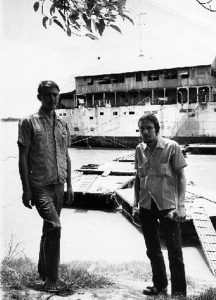
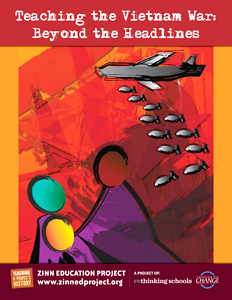
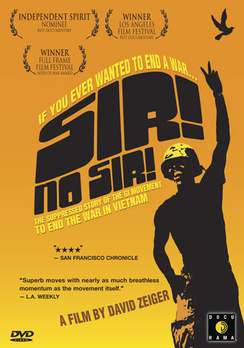
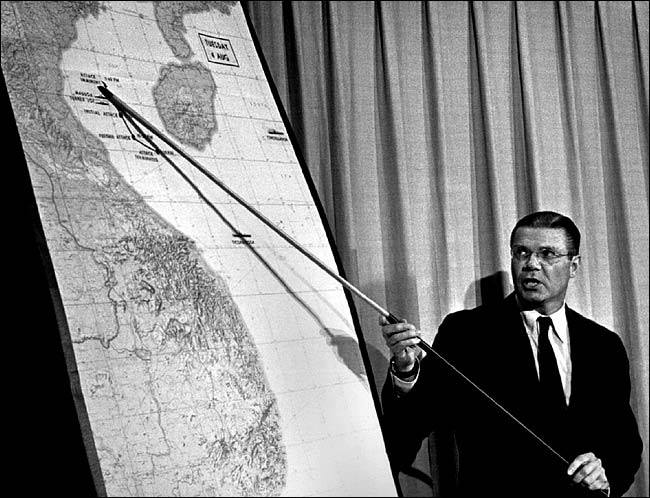
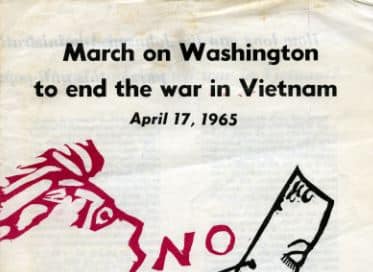
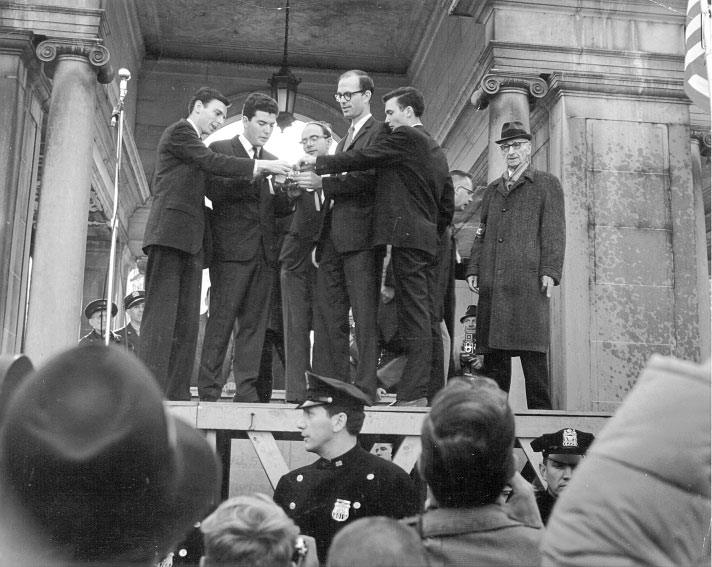
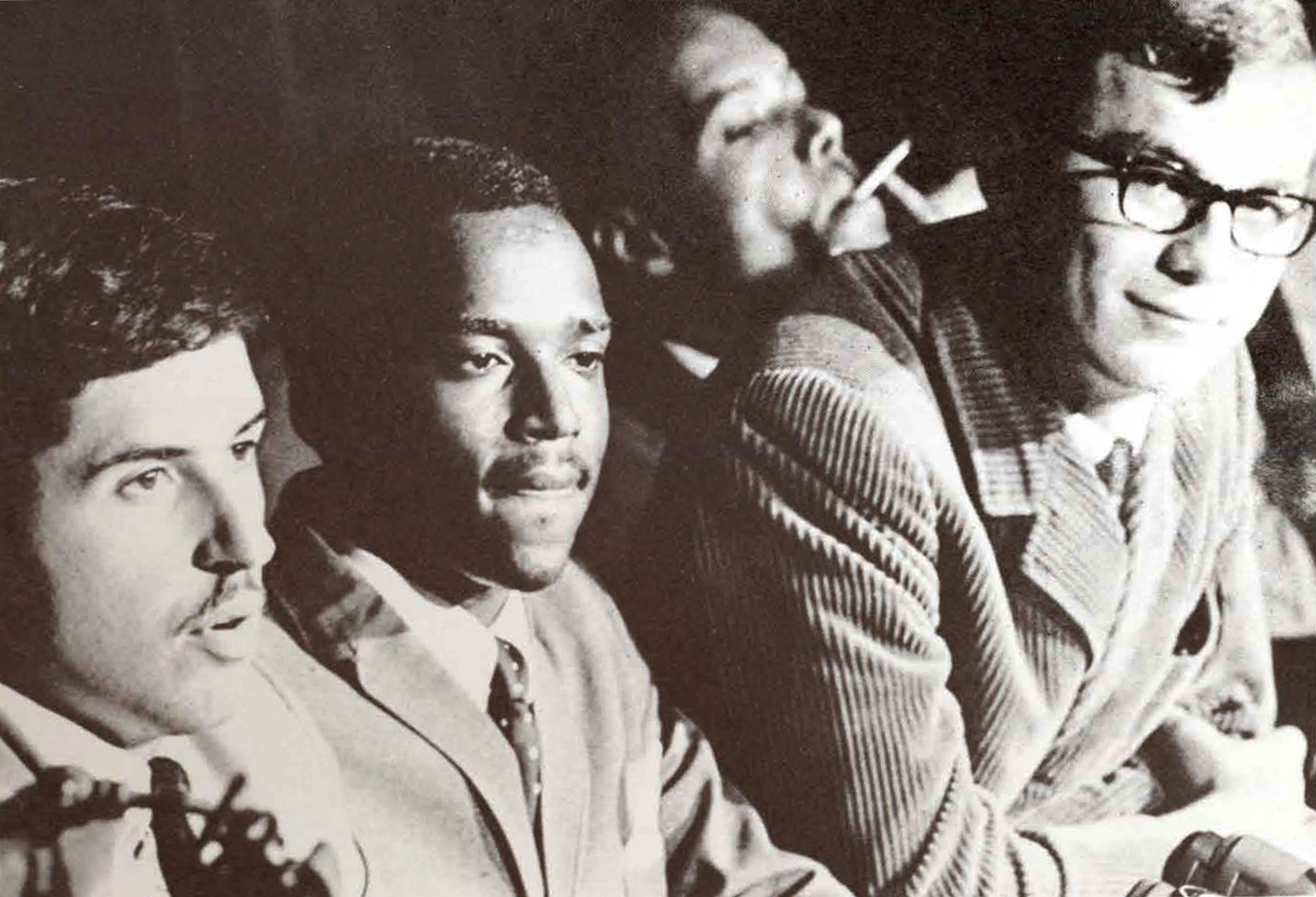
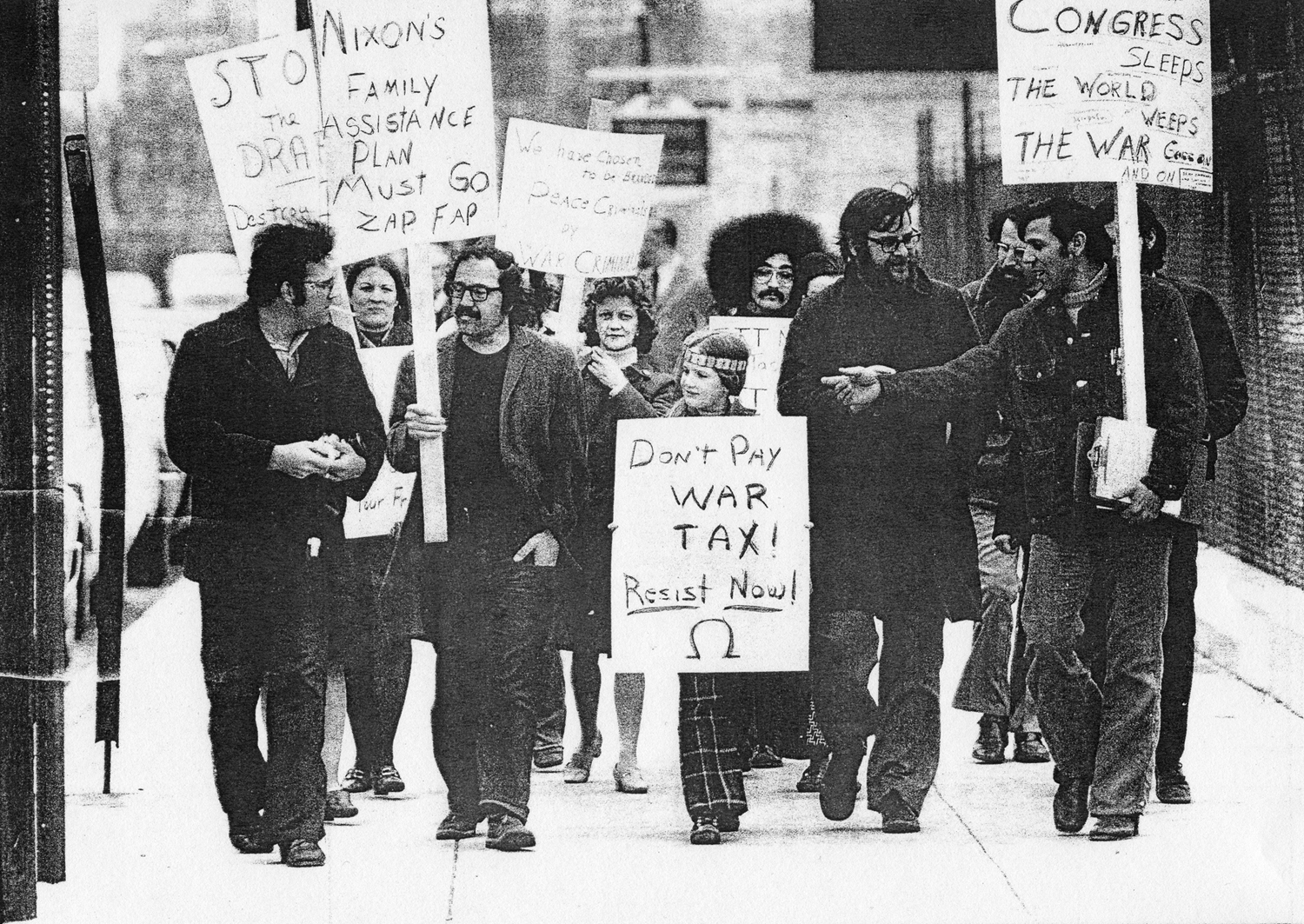
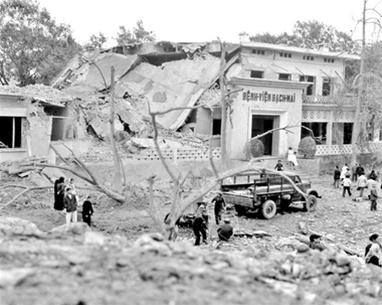





Twitter
Google plus
LinkedIn